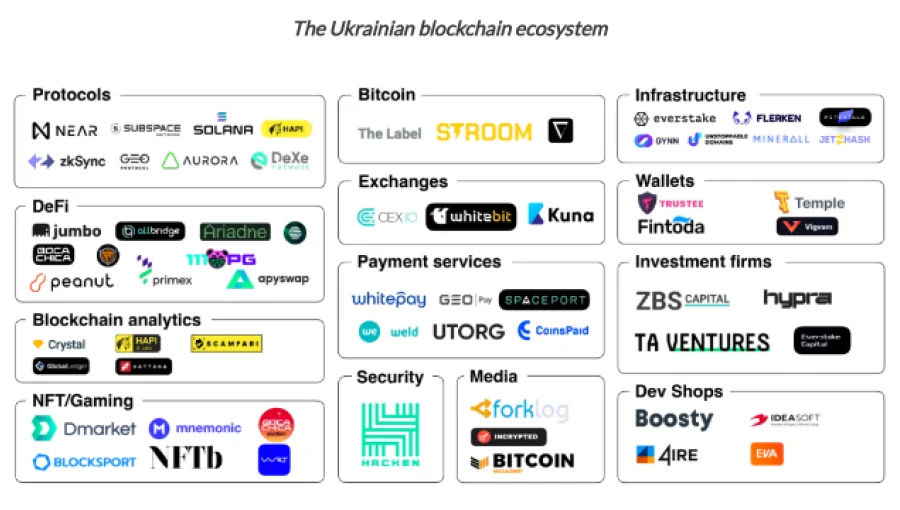A study by the Ukrainian Web3 Institute shows the challenges and opportunities for web3 startups in Ukraine and calls for a clear and supportive regulatory framework.

The Ukrainian Web3 Institute, a research and advocacy organization supported by the Ministry of Digital Transformation, has conducted a study titled “Web3 for Ukraine: Talk to Founders”. The study aims to explore the current state and prospects of the web3 industry in Ukraine, based on interviews with 50 founders from 19 sectors of the web3 economy.
The study reveals that Ukrainian web3 startups face significant regulatory hurdles that hinder their growth and development. Some of the main findings are:
- Ukrainian web3 startups lack clear and consistent legal regulations in the country, which creates uncertainty and complexity for their operations. Many of them have to register and operate in foreign jurisdictions, such as Estonia, Singapore, or the UK, to access better legal frameworks and markets.
- Ukrainian web3 startups are willing and eager to collaborate with government institutions and offer their solutions for free or at a discounted rate. However, they encounter resistance and rejection from the government side due to the lack of official rules and procedures for engaging with web3 technologies. This creates a gap between the potential for technological innovation and the actual governmental adoption.
- Due to the lack of legal mechanisms for Ukrainian investment funds, Ukrainian web3 startups face financial challenges, such as the inability to purchase cryptocurrencies using fiat currency. They also face difficulties in establishing official partnerships and transactions with foreign web3 companies due to the lack of defined rules and standards.
The study urges the Ukrainian government to take immediate steps to establish a clear and supportive regulatory framework for the web3 industry in order to unleash its full potential and benefits for the country.
Some of the recommendations are:
- Adopt a comprehensive and balanced legislation that defines and regulates web3 activities and entities, such as crypto exchanges, wallet providers, token issuers, and smart contract developers, in line with international best practices and standards.
- Create a regulatory sandbox for web3 projects, where they can test and experiment with their solutions in a controlled and supervised environment and receive feedback and guidance from regulators and experts.
- Foster a dialogue and collaboration between the government and the web3 community, and leverage the expertise and solutions of web3 startups for improving public services and solving social problems, such as land registry, identity verification, voting, and more.
- Prepare for the implementation of the Financial Action Task Force’s (FATF) requirements on cryptocurrencies, which aim to prevent money laundering and terrorist financing risks associated with virtual assets. The FATF is an intergovernmental body that sets global standards for anti-money laundering and counter-terrorism financing. Ukraine is a member of the FATF and is expected to comply with its recommendations or face the risk of being placed on the FATF’s grey list, which could affect its reputation and access to the global financial system.
- Support the development and education of the web3 ecosystem by providing incentives, grants, training, and awareness programs for web3 startups, investors, users, and the general public.
The study by the Ukrainian Web3 Institute is a valuable and timely contribution to the web3 sector in Ukraine, as it provides empirical data and direct insights from the industry players and highlights the challenges and opportunities for web3 startups in the country.
The study also serves as a call for action and a roadmap for the government and the web3 community to work together to create a conducive and competitive environment for web3 innovation and adoption in Ukraine.
